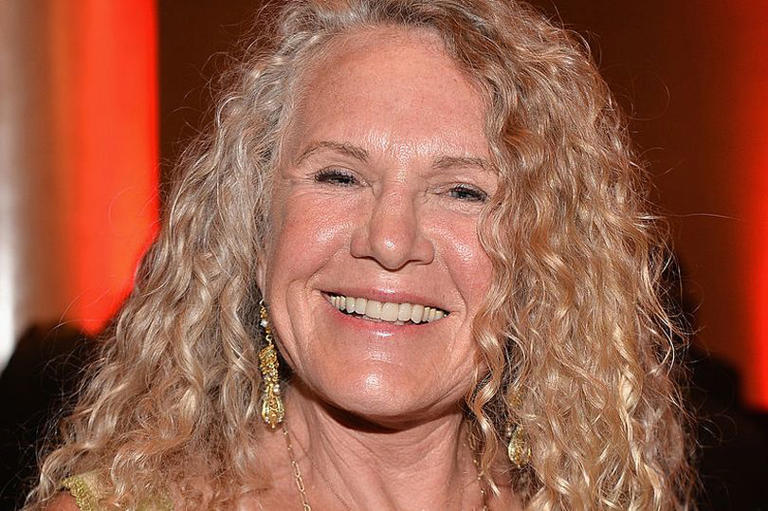In recent weeks, the political landscape has been buzzing with discussions surrounding the continuing resolution (CR) bill, a critical piece of legislation that averts government shutdowns and keeps essential services funded. The CR bill has become a focal point of contention between Democrats and Republicans, leading to accusations of compromise and capitulation. In this blog post, we’ll explore the implications of this political maneuvering, the motivations behind the Democrats’ decisions, and what it could mean for the future of governance in the United States.
Understanding the Continuing Resolution (CR)
A continuing resolution is a temporary funding measure used by Congress to keep the government operating when appropriations bills have not been passed. These measures have become increasingly common as partisan divisions intensify, making it difficult for lawmakers to come to consensus on budgetary issues. The CR allows the government to maintain operations while providing additional time for negotiations.

The Context of the Current CR Bill
The latest CR bill emerged against a backdrop of looming deadlines and political pressures. With a government shutdown threatening to disrupt services and impact millions of Americans, the urgency for a resolution was palpable. However, the negotiations leading up to the passage of this CR were fraught with tension and strategic calculations from both parties.
The Democrats’ Dilemma
For the Democrats, the decision to support the CR bill was not without its challenges. Facing a divided government, they found themselves in a precarious position. On one hand, they needed to uphold their commitments to constituents and maintain essential services; on the other, they faced pressure from progressive factions within their party who were pushing for more substantial reforms and spending measures.
Ultimately, the decision to cave to Republican demands in the CR bill reflected a broader strategy: prioritize immediate governance over long-term ideological battles. By agreeing to the terms set forth by Republicans, Democrats aimed to prevent a government shutdown and ensure the continuity of federal services, even if it meant compromising on certain budgetary priorities.
The Republican Stance
From the Republican perspective, the CR bill represented an opportunity to leverage their position in a divided Congress. They were able to secure concessions that aligned with their fiscal priorities, such as cuts to certain programs and limitations on spending increases. This strategic maneuvering allowed them to present themselves as fiscally responsible while also appealing to their base.
Implications for Future Governance
The passage of the CR bill, albeit through compromise, raises important questions about the future of governance in the United States. It highlights the challenges of bipartisanship in an increasingly polarized political environment. While some view the Democrats’ concession as a necessary step to ensure government functionality, others see it as a sign of weakness and a failure to stand firm on progressive values.
Moreover, this scenario sets a precedent for future negotiations. If Democrats continue to prioritize immediate solutions over long-term goals, they may risk alienating their core supporters who expect bold action on issues like climate change, healthcare, and social justice.
Conclusion
The Democrats’ decision to cave to Republicans in the passage of the CR bill illustrates the complexities of contemporary governance. It underscores the delicate balance between pragmatism and principle in a divided political landscape. As we look ahead, it will be crucial for both parties to navigate these challenges thoughtfully, ensuring that the interests of the American people remain at the forefront of their decision-making processes. The future of effective governance may very well depend on their ability to find common ground while still advocating for their respective ideals.
As citizens, it’s essential to stay informed and engaged, holding our representatives accountable to both their compromises and their commitments. The ongoing dialogue about budgetary priorities, social issues, and governance will continue to shape the political landscape in the months and years to come.







2 Comments